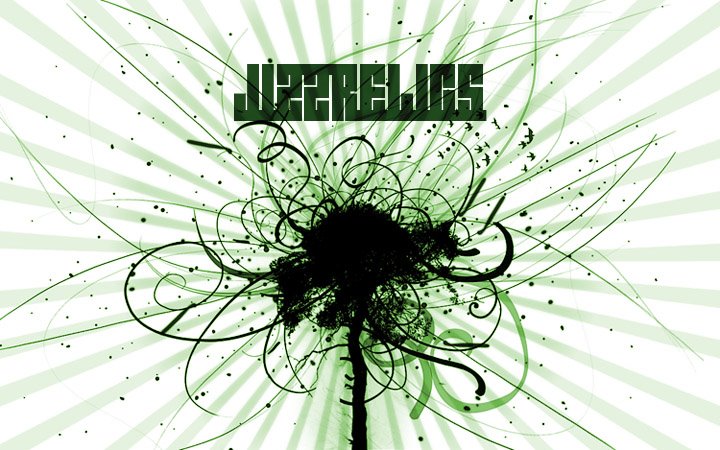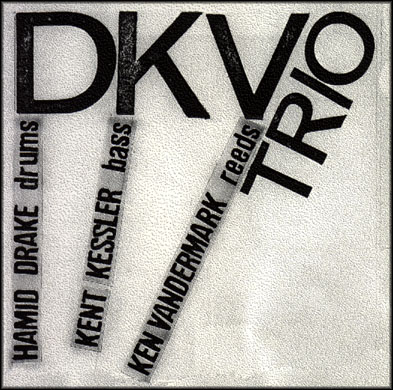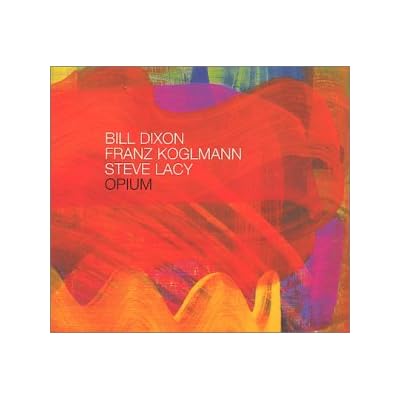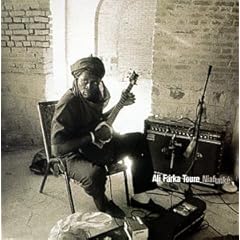side 1:
1. Message To The Ancestors 10.14
2. Blessing From The Rain Forest 6.16
3. Nagarah (Tymapni Duet) 6.16
4. Rejuvenation 5.19
side 2:
1. The Soul Is The Music 7.46
2. The Substance Of The Vision 7.07
3. Call and Response 6.13
Andrew Cyrille - tom tom,gongs,whistles,hand clapping,words,phonetics,temple blocks,
agogo bells,chimes,tympani,cymbals,darabukkeh,foot rhythms,osi-d,d,
castanets
Milford Graves - honetics,bgo,darabukkeh,whistle,gongs,osi-d,galloping,tympani,cymbals,
balafon,agogo bells,foot rhythms,bells,tambourine,shakere,words,
african talking-d,mnemonics,d
(1974, Institute Of Percussive Studies 001)
Thx to Murksonic and Nonwave.
DL































